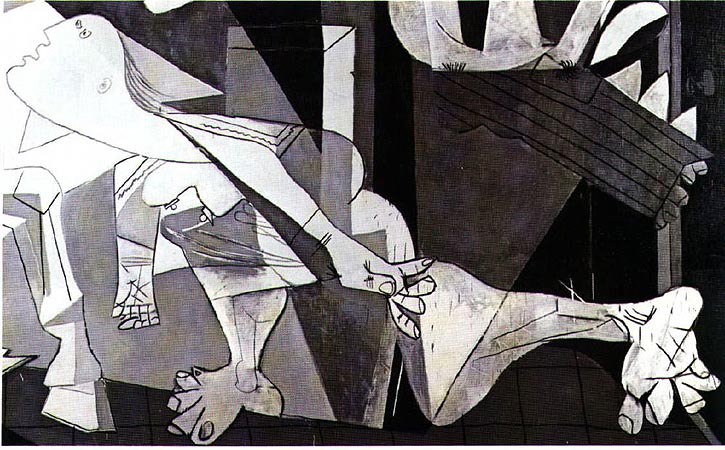I talked with Heather last week about this, and she asked me why I like being in this show. A flurry of emotions came over me. I love so many things about being in this show that it's hard to express them in a logical manner. I just want to spout all the reasons off in a random flood of emotion!
Let me count the ways:
1) I love being Miss Fisher. She's got this extremely hard exterior which in some ways is a lot like me. I've always laughed at those horoscope descriptions that try to lump you into a box claiming that all people born within a date range automatically behaves a certain way. However, as I've gotten older, I have come to realize I do have a few "Cancer-the-crab" characteristics. They say Cancers are hard on the outside and soft on the inside. Now, unlike Miss Fisher, I do show emotion pretty readily, however, I protect myself by anticipating the worst in an attempt to not be affected by disappointment. This way, everything always comes out at least slightly better than expected. It works well for me, as I am rarely disappointed.
In Donald's review of our play, he described me as having "times when [my] expression hardens into an inscrutable shell." I find this interesting since it was a conscious choice of mine to play Miss Fisher as attempting to control her emotions at all times. Now, clearly there are moments when that goes out the window; Miss Fischer loses it on many occasions, but she have time to recalculate and try a new tactic to get what she needs from Picasso. Whenever she attempts a new tactic that she regains control of her stern exterior and regains a bit of power. I love this about her character. She is passionate, but also harbors a bit of the manipulativeness that Picasso is famous for.
Now, I concede that perhaps I have restrained her emotions too much. However, she is a Nazi. The stakes are life or death. She has had to LEARN to mask her emotions or risk the DEATH of herself or her family members. The stakes could not be higher. Also, this is a veeeerrrrry small theater. The audience can see everything from the beads of sweat on my face to the half-moon shapes on my 40s nails. I was very conscious of the fact that small shifts can, in fact, be read from the audience.
So, interestingly enough, one of the critiques of the show is actually one of my favorite things about Miss Fischer and the show!
2) Another reason why I love being in this show is I love responding to Jag onstage. He's far too much fun to work with, and in such an intense show as this, I really try to watch him to see him moments of truth and weakness. There are key revelations about his character that Miss Fischer uses against him later in the play: the fact that he has recently left Dora and that Conchita's story brings up feelings of betrayal and Guilt. I admit that I am extremely lucky to be able to be acting opposite of Jag and getting the opportunity to respond to him in those moments of his character's weakness. Now, it's insanely fun to watch how he responds to me as well! If I say a line stronger than normal, he immediately becomes more defensive. If I say a line weaker (for example the second half of, "Some I give a warning... SOME... I let go") it is fascinating to see him back off so much more readily! Wow, acting is so much fun! It's like reliving Groundhog Day where you get to try it over and over and see how differently someone reacts. I wish life was more like theater.
Now, I am attempting to give the same performance every night, but I'm beginning to accept the fact that it's just not possible. Life happens, and it affects the show. It doesn't make the show better or worse, but it changes the way the character is revealed through you that night. After my AVID students graduated, our dress rehearsal was fraught with emotion. There was no avoiding the fact that I was more emotionally vulnerable, and boy does that show itself onstage! Thinking about this right now, I'm realizing that this Fictional Situation of "Picasso meeting Fischer" could have happened on an emotional day in their lives. It also could have happened on a particularly strong and defensive day in Picasso or Fischer's life. Going into a performance every day is like living these emotions through the characters as they are in different places in their lives. Theater is ever-changing, and you will always get something new out of seeing a second performance of a show.
Perhaps that's why we've had so many repeat visitors!
Well, I've been writing far more than I anticipated, and since I started this blog entry a week ago, I should probably publish what I have now and continue writing my reasons why I love this show another day! Thanks for reading!

























